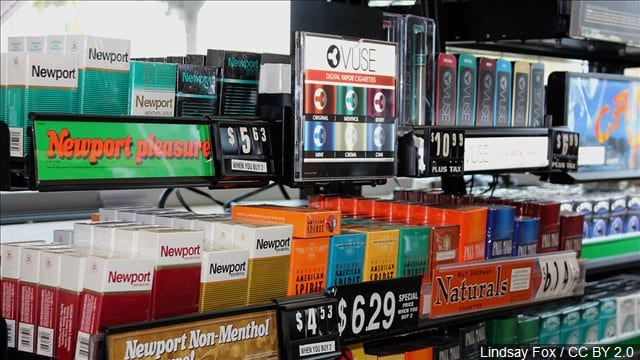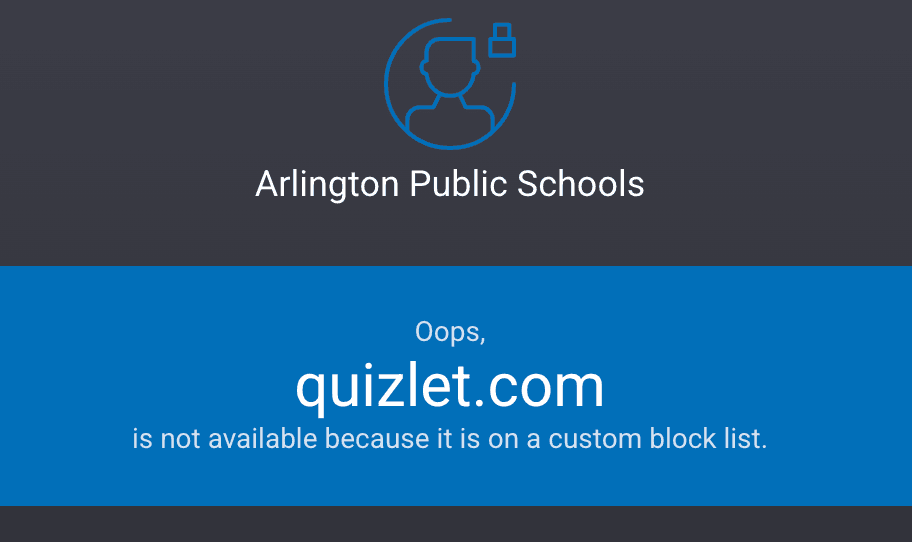Governor Ralph Northam recently signed legislation that raised the purchase age of tobacco in Virginia from 18 to 21 years old. The bill had support from both political parties and Altria, the largest tobacco company in the country. Altria recently acquired a 35% stake in JUUL Labs, the manufacturer of the popular Juul e-cigarette. The law passed in the House of Delegates with 67 votes, and was signed by Northam on February 21. It comes as a result of a major increase in teenage vaping throughout the country, with US Surgeon General Jerome Adams going as far as to call the situation an “epidemic.” With high school vaping numbers increasing 80% over the last two years, the time arrived for legislation that could end teenage access to vaping products.
Virginia’s tobacco history began with the 1607 English colonization of Jamestown, when John Rolfe was able to build the colony’s economy around the crop, with over 20,000 pounds of tobacco exported to England in 1617 alone. The cities of Norfolk, Richmond and Alexandria all became key manufacturing and trading cities as a result of the crop’s growth. Today, 28 tobacco manufacturing companies have operations within the state, including Altria. Despite the historical and economic significance of Virginia’s tobacco production, Northam opted to sign the law raising the purchase age with little opposition from major companies or opposing party leaders.
The new law applies to both cigarettes and the liquid nicotine used in vaping devices, with the latter being the main concern to lawmakers. Teenage use of the more “traditional” tobacco products – cigarettes, cigars and chew – is at its lowest point ever, but vaping numbers among teenagers have doubled since last year. Reported use of vaping nicotine rose nearly ten percent from 2017 to 2018, with marijuana vaping also increasing from 9.5 to 13.1%.
“By raising the minimum age for purchase to 21, this [law] will have a positive effect on our schools by lessening the chances of teenagers obtaining vaping products from friends and classmates who are already 18,” Kirk Cox, the Speaker of the Virginia House of Delegates said.
The bill follows California, Oregon, Hawaii, Maine, New Jersey and Massachusetts, who all have elevated the tobacco purchase age in the past three years. Major cities including New York City, Boston and Washington DC have also moved the minimum purchase age to 21 even with the federal tobacco purchase age remaining at 18.
Support for the new legislation was found in both political parties as well as leading tobacco and vaping companies. Altria, whose company headquarters is located just outside of Richmond, backed the bill as did JUUL Labs. JUUL has been accused repeatedly of appealing to youths through their marketing campaigns, emphasizing bright colors and unique flavors that attract teens. Rather than making adults quit smoking as they have stated their goal is, critics have alleged that JUUL has focused its approach on enticing teenage consumers to buy their products.
Robin Koval, the CEO and President of Truth Initiative, a nonprofit tobacco control organization, remarked on JUUL’s growing popularity: “the staggering numbers being reported on youth vaping and the usage findings in our JUUL study tell the true and troubling story of e-cigarettes pervasiveness among young people.”
The continued increase of JUUL’s popularity and sales made Cox feel legislation was a necessity.
“Vaping growth is really so explosive …. I think it is [becoming] one of the top problems within schools,” Cox said.
As a result, potential high school e-cigarette consumers will no longer be able to legally buy products within the state, possibly reducing the number of teenage vapers.
Despite the Virginia government enduring various controversies through the month of February, important legislation continued to be passed. As a result of the growing teenage vaping epidemic, the state purchase age of tobacco was raised from 18 to 21 years old with minimal opposition from legislators or outsiders. Even with the crop’s historic importance in growing Virginia’s economy, lawmakers saw the value of increasing the purchase age so students would have fewer opportunities in accessing vaping products.







































